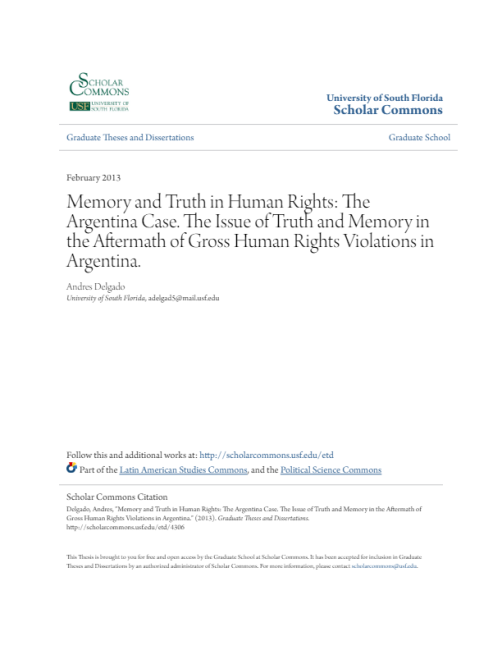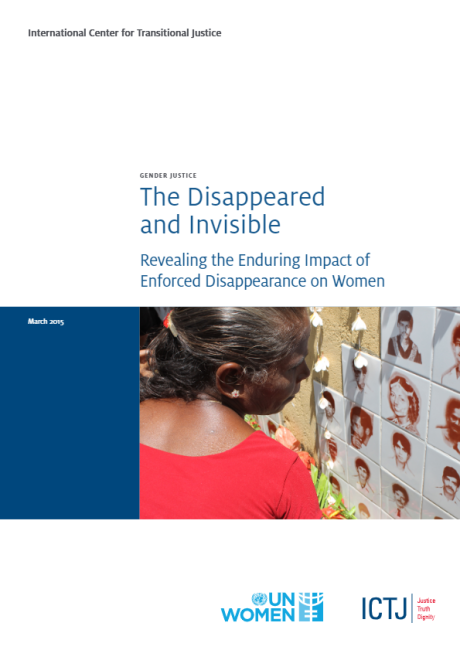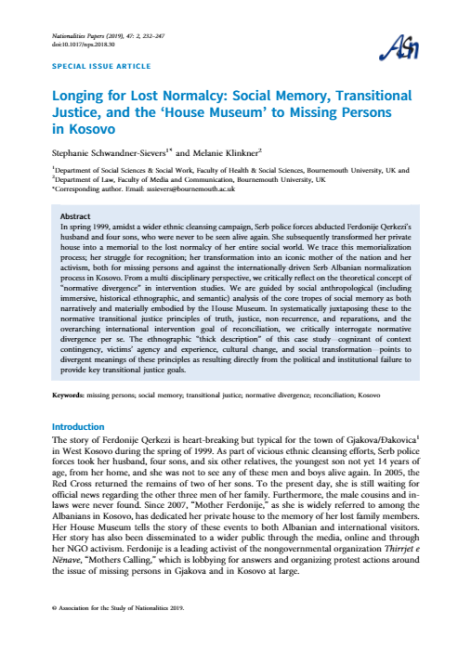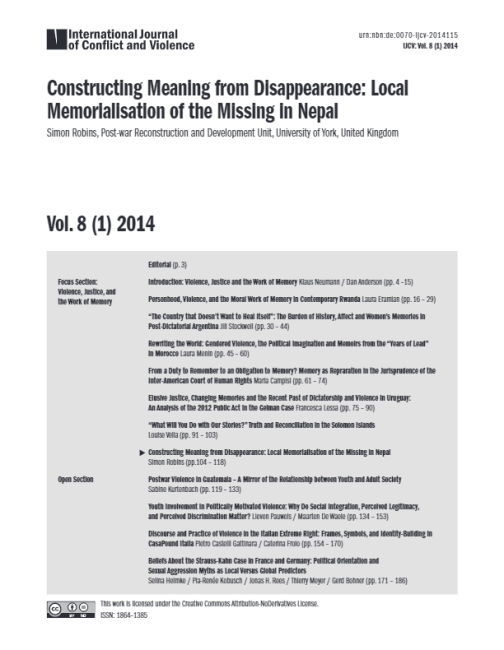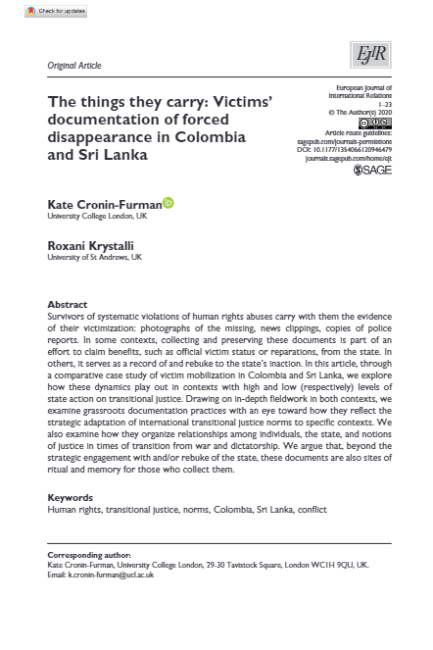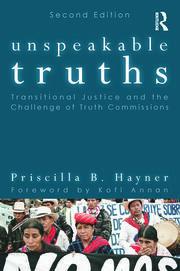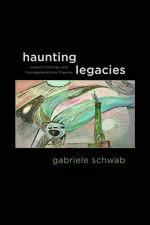
Haunting Legacies: Violent Histories and Transgenerational Trauma
From mass murder to genocide, slavery to colonial suppression, acts of atrocity have lives that extend far beyond the horrific moment. They engender trauma that echoes for generations, in the experiences of those on both sides of the act. Gabriele Schwab reads these legacies in a number of narratives, primarily through the writing of postwar Germans and the descendents of Holocaust survivors. She connects their work to earlier histories of slavery and colonialism and to more recent events, such as South African Apartheid, the practice of torture after 9/11, and the "disappearances" that occurred during South American dictatorships. Schwab's texts include memoirs, such as Ruth Kluger's Still Alive and Marguerite Duras's La Douleur; second-generation accounts by the children of Holocaust survivors, such as Georges Perec's W, Art Spiegelman's Maus, and Philippe Grimbert's Secret; and second-generation recollections by Germans, such as W. G. Sebald's Austerlitz, Sabine Reichel's What Did You Do in the War, Daddy?, and Ursula Duba's Tales from a Child of the Enemy. She also incorporates her own reminiscences of growing up in postwar Germany, mapping interlaced memories and histories as they interact in psychic life and cultural memory. Schwab concludes with a bracing look at issues of responsibility, reparation, and forgiveness across the victim/perpetrator divide.


